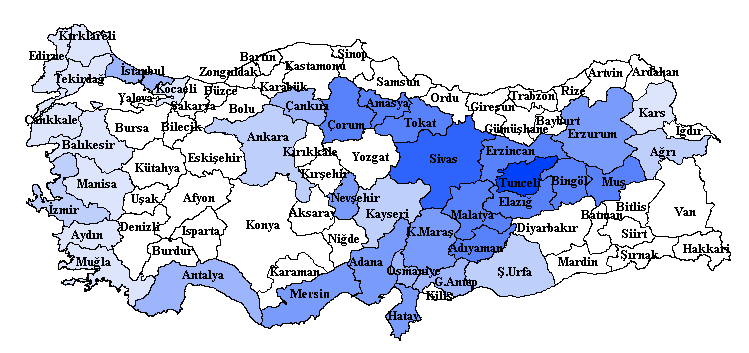Not sure how accurate this is but it looks like there should be a third name to the agreement.
The partition of the Ottoman Empire was not settled bilaterally by two British and French diplomats in 1916, but rather at a multinational peace conference in Lausanne, Switzerland, in 1923, following a conflict that had lasted nearly twelve years going back to the Italian invasion of Ottoman Tripoli (Libya) in 1911 and the two Balkan Wars of 1912– 13. Neither Sykes nor Picot played any role worth mentioning at Lausanne, at which the dominant figure looming over the proceedings was Mustafa Kemal, the Turkish nationalist whose armies had just defeated Greece and (by extension) Britain in yet another war lasting from 1919 through 1922. Even in 1916, the year ostensibly defined for the ages by their secret partition agreement, Sykes and Picot played second and third fiddle, respectively, to a Russian foreign minister, Sergei Sazonov, who was the real driving force behind the carve-up of the Ottoman Empire, a Russian project par excellence, and recognized as such by the British and French when they were first asked to sign off on Russian partition plans as early as March– April 1915. None of the most notorious post-Ottoman borders— those separating Palestine from (Trans) Jordan and Syria, or Syria from Iraq, or Iraq from Kuwait— were drawn by Sykes and Picot in 1916. Even the boundaries they did sketch out that year, such as those that were to separate the British, French, and Russian zones in Mesopotamia and Persia, were jettisoned after the war (Mosul in northern Iraq, most famously, was originally assigned to the French, until the British decided they wanted its oil fields). After the Russians signed a separate peace with the Germans at Brest-Litovsk in 1918, the entire zone assigned to Russia in 1916 was taken away and thereafter expunged from historical memory. To replace the departed Russians, the United States (in a long-forgotten episode of American history) was enjoined to take up the broadest Ottoman mandates, encompassing much of present-day Turkey— only for Congress to balk on ratifying the postwar treaties. With the United States and Communist Russia bowing out of the game, Italy and Greece were invited to claim their share of the Ottoman carcass, only for both to later sign away their territorial gains to Mustafa Kemal entirely without reference to the Sykes-Picot Agreement. Nor was there so much as a mention in the 1916 partition agreement of the Saudi dynasty, which, following its conquest of the Islamic holy cities of Mecca and Medina, has ruled formerly Ottoman Arabia since 1924.
McMeekin, Sean. The Ottoman Endgame: War, Revolution and the Making of the Modern Middle East, 1908-1923 (Kindle Locations 140-147). Penguin Books Ltd. Kindle Edition.


